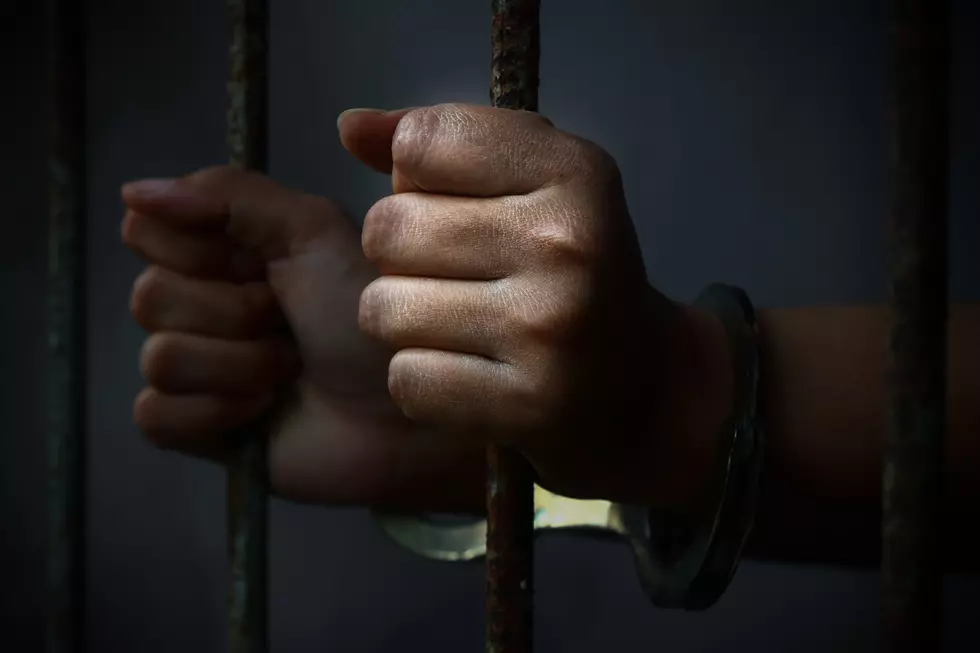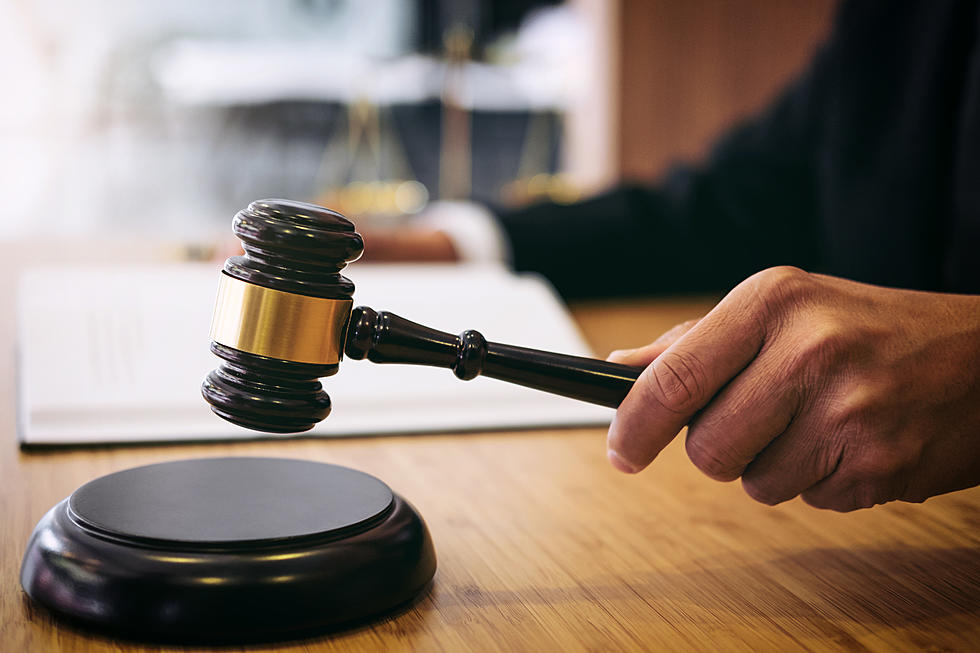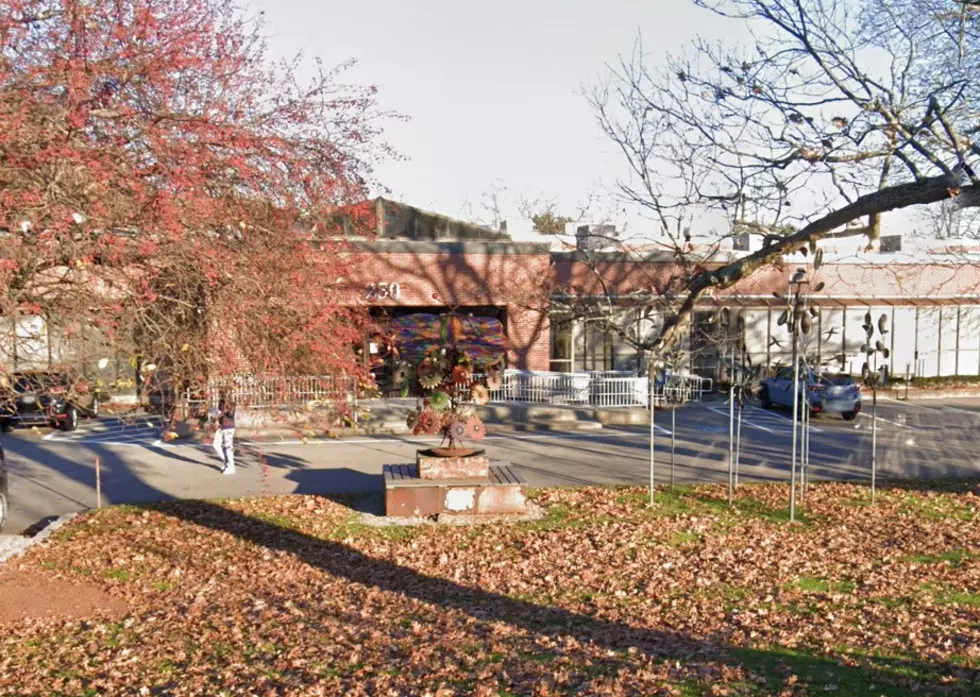
First Degree Murder Conviction Upheld in New Bedford Killing
NEW BEDFORD — The state's highest court has upheld the first degree murder conviction of a Wareham man found guilty of killing 31-year-old Julio Barbosa outside of a New Bedford 7-Eleven in July 2012.
In a decision published Wednesday, the Massachusetts Supreme Judicial Court denied the appeal from 30-year-old Darius Gamboa requesting a new trial.
Gamboa had been arrested and charged with murder for fatally shooting Barbosa outside the convenience store at Cove Road and West Rodney French Boulevard in 2012, when he was 20 years old.
He is currently serving a life sentence without the possibility of parole.

Barbosa had been involved in an altercation with Gamboa's father Ryan Gamboa inside the store just prior to the shooting on the evening of July 6, 2012.
The pair then ran outside, where Ryan was allegedly chasing the victim with a knife when the victim was killed by a single gunshot from Darius, who had remained outside.
Darius Gamboa was convicted in April 2016 following a lengthy trial, after which the jury deliberated for two days before finding him guilty.
He had appealed the decision on the grounds that there was a mistrial due to inadmissible evidence being admitted in court.
While the SJC agreed that one of the witnesses had improperly testified about recognizing the defendant, who was unknown to him at the time of the murder, they stated that the judge had acted quickly and forcefully in fixing the error.
“The judge provided timely and forceful curative instructions to the jury,” the justices wrote in their decision.
Gamboa had also argued that polygraph evidence — including video of a polygraph test being administered to a witness — was erroneously admitted.
Evidence from polygraph tests are not admissible in Massachusetts courtrooms.
But the supreme court noted that the judge gave careful instructions to the jury before watching the video, asking that they ignore statements made and simply determine whether it appeared the witness was testifying under duress.
"The manner in which the police spoke to [the witness] was a significant and contested issue at trial, and the video was admitted precisely because it showed the conditions under which [the witness] interacted with the police,” the justices wrote.
Finally, Gamboa had asked for the judge to tell jurors that they could find him guilty of voluntary manslaughter, but the judge denied his request.
Justices upheld this decision on the basis that there was no evidence of "reasonable provocation" towards the defendant in his case, which is necessary for a manslaughter instead of a murder conviction.
“There is no evidence that any of the victim's actions were directed at the defendant,” they noted in the decision.
The SJC concluded: “Accordingly, none of the instances to which the defendant takes issue merits granting a new trial.”
Ryan Gamboa was acquitted of murder but sentenced to serve up to five years in prison for assault with a knife, the Standard-Times reported in 2016.
Massachusetts Unresolved Cases Playing Cards
How Many in America: From Guns to Ghost Towns
More From WBSM-AM/AM 1420









